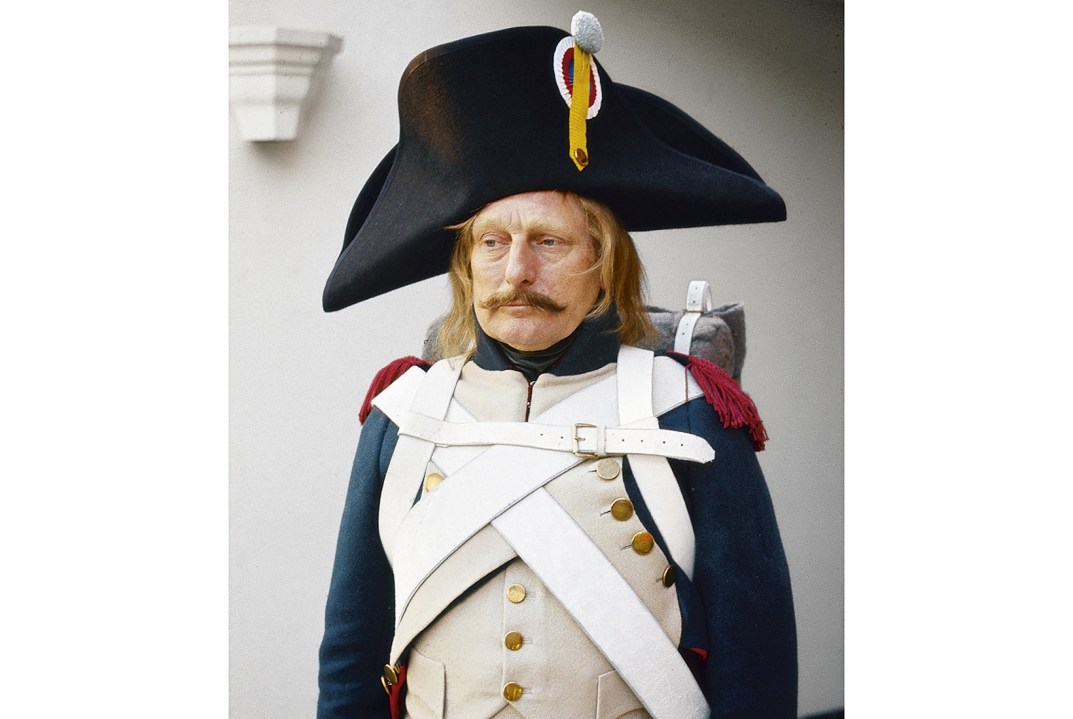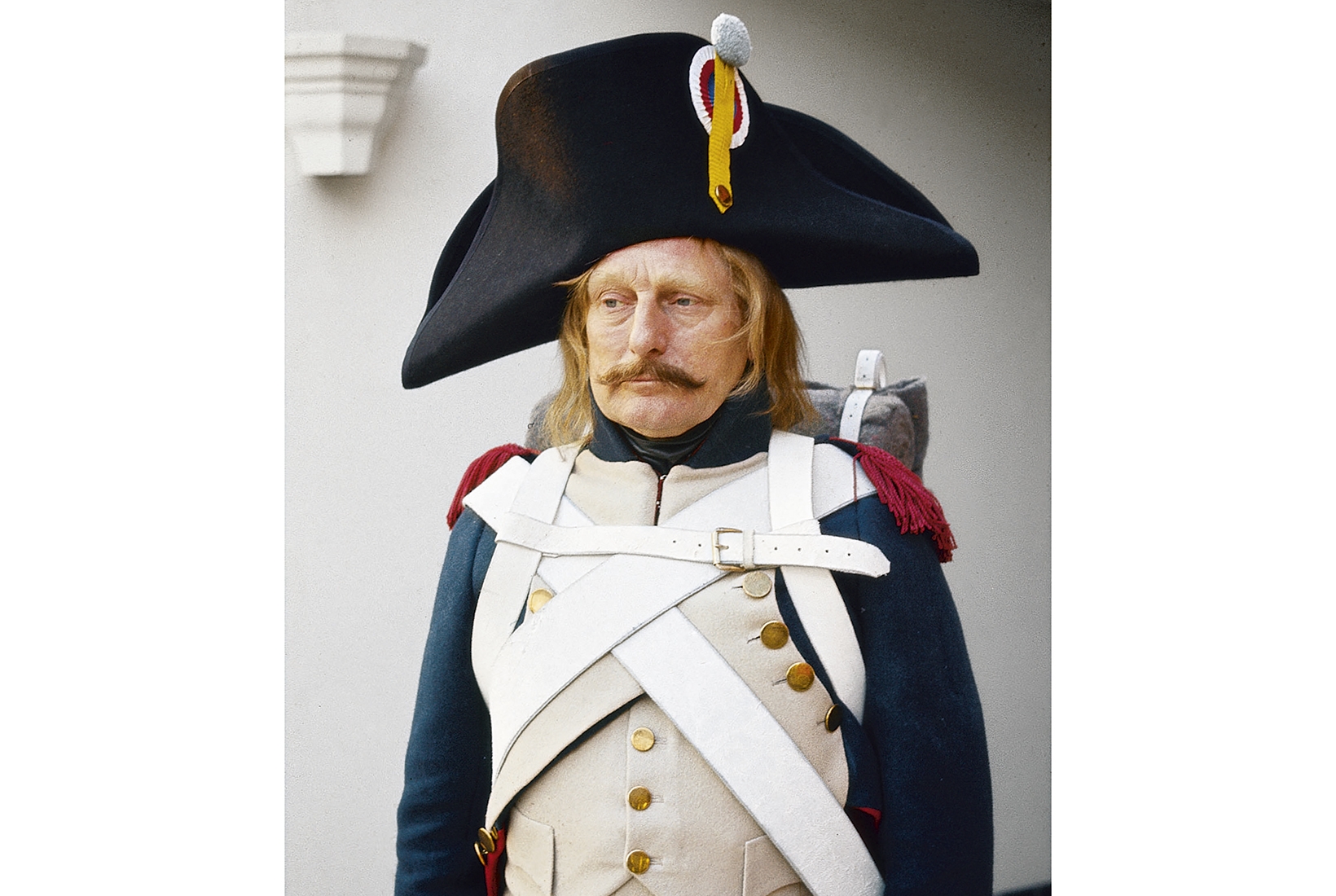Two centuries ago — on 5 May 1821 — Napoleon Bonaparte died in a rat-infested house. The fallen Emperor had spent his final years exiled on the British outpost of St Helena. Yet Napoleon’s ignominious last act was only the beginning of his legend. A recent data-driven study, published by Cambridge University Press, crowned him the second most significant figure in history, after Jesus no less.
Stanley Kubrick, the virtuoso director of 2001: A Space Odyssey and The Shining, considered Napoleon the most interesting individual who ever lived. Kubrick’s passion project — never produced — was a biopic of the conqueror. He predicted it would be the ‘best movie ever made’. Napoleon’s life has everything a storyteller could want. Here is an emperor born of nothing, a little Corsican who used his swagger to win the French game of thrones and catapult himself to the top of Europe, only to be taken down by powerful enemies. Along the way, he romanced bombshells, masterminded military victories and modernised France. Napoleon’s legacy is so vast that historian Andrew Roberts gave him the moniker ‘Napoleon the Great’.
Unsurprisingly, then, Kubrick wasn’t the first director who turned the Emperor into a movie hero. As far back as 1897, Louis Lumière produced three shorts about him. Sacha Guitry, the French Noël Coward, directed a biopic in 1955, with Orson Welles as Napoleon’s British jailor, while in preceding years Hollywood studios cast Marlon Brando, Charles Boyer and Claude Rains in the iconic role.
Stanley Kubrick and Napoleon was the perfect pairing between artist and subject
But everything pales in comparison to Abel Gance’s 1927 Napoleon, a silent epic of truly Napoleonic proportions. Six hours long, it thoroughly chronicles its subject’s life. So much so that it ends when he’s only 26! Gance planned five more instalments but never got the money together.








Comments
Join the debate for just £1 a month
Be part of the conversation with other Spectator readers by getting your first three months for £3.
UNLOCK ACCESS Just £1 a monthAlready a subscriber? Log in